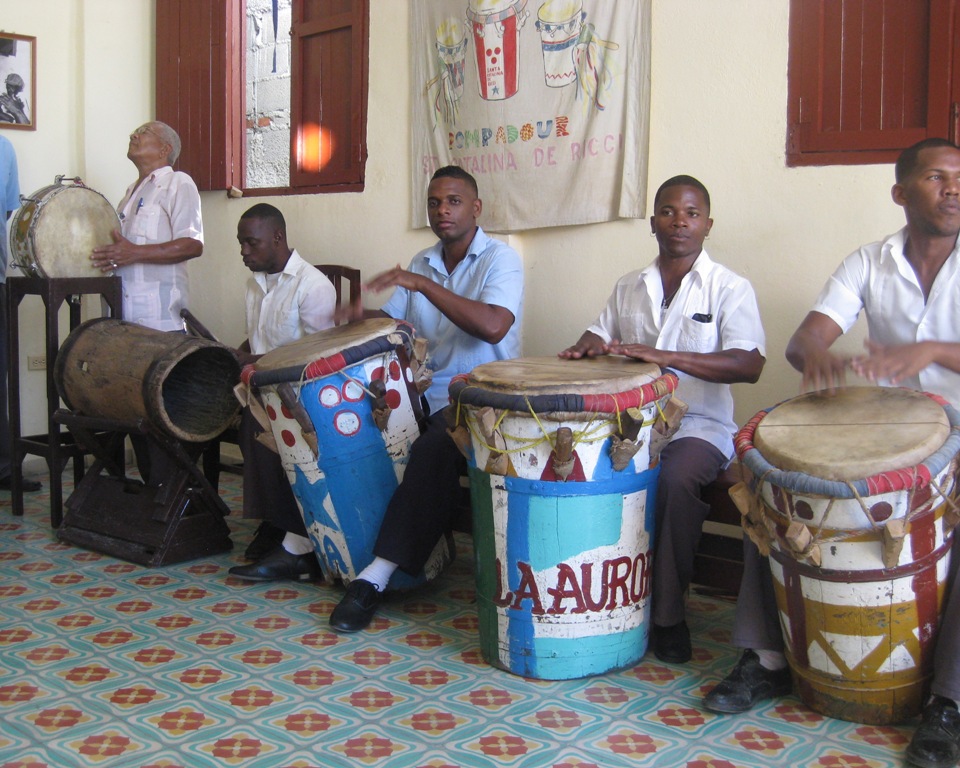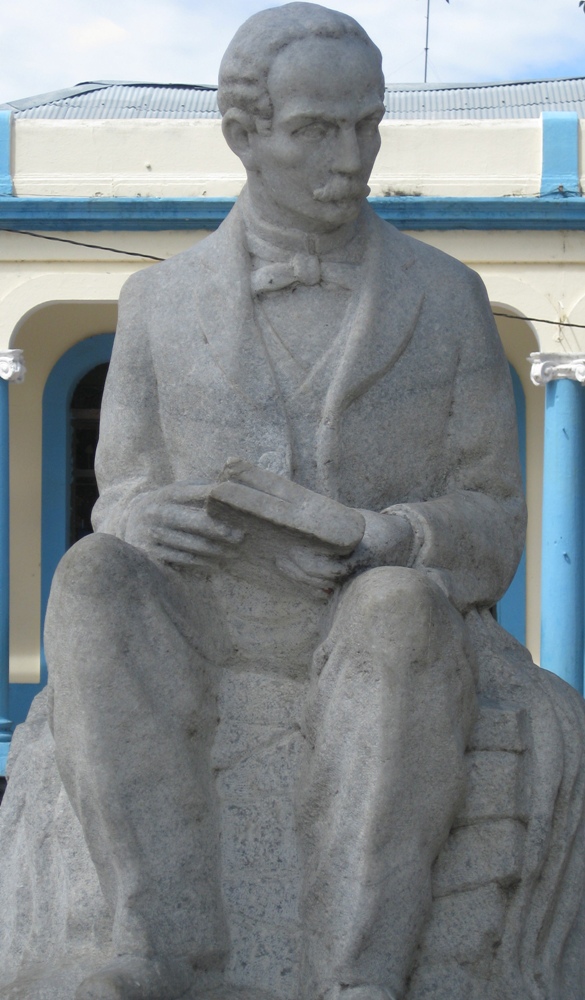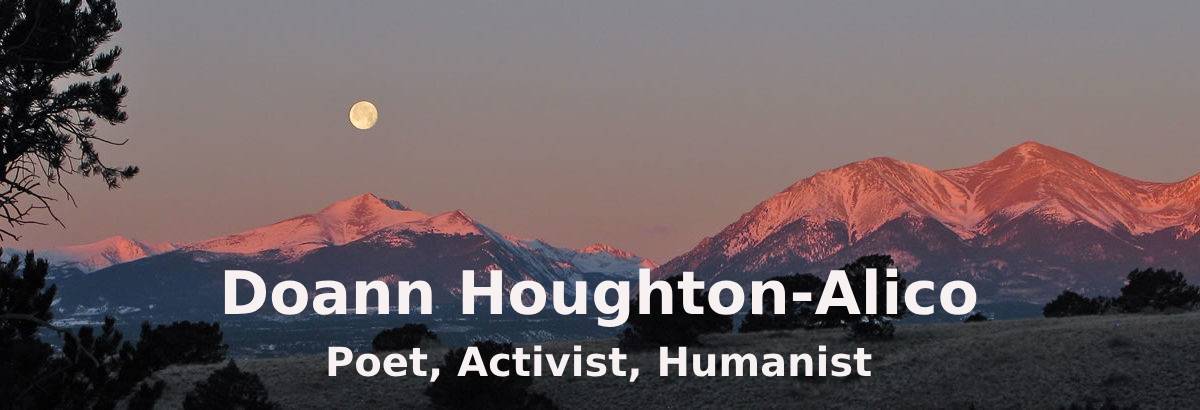At issue: maintaining and continuing to improve diplomatic relations and business with Cuba!
I spent two weeks in Cuba in early 2015. Any threat from Cuba is nonexistent, and why should the Canadians be the only ones to enjoy the beautiful, sunny Cuban beaches in the winter?
A little background: After the revolution was successful overthrowing the dictator Batista, whom US corporations and government supported, Castro sent Che Guevara to Washington with the message, “We have a different type of government, but we are not your enemy, we would like our relationship to continue.” No one would even meet with him. Cuba only turned to Russia when they felt threatened, and rightly so, by the U.S. Cubans still make fun of the Russians today. It was definitely not a match made in heaven.
To go back on the opening up of relations with Cuba would not only be unfortunate for both the U.S. and Cuba, but a travesty of justice. Cuba is already changing with many privately owned businesses, and with U.S. benign influence could become even more democratic. Please, no more forcing our sense of right on others!
Delving back a bit further, this is about José Martí, 1853-1895, the Apostle of Cuban Independence, as he was called, from the exploitation of Spanish colonialism. Martí was one of my heroes even before I went to Cuba and learned more about him. I first knew of him as a poet, and, although, he was also a philosopher, author, professor, journalist, publisher, and political theorist, my reference to him here is as a poet. He lived in New York as an exile for many years and wrote some interesting essays on his perception of the U.S. including our treatment of Native Americans, which is quite accurate and quite damning.
I’m sure you know the song “Guantánamera,” no relationship except geographical proximity to the U.S. prison and formerly “secret” torture center. The song has a catchy tune, and our guide promised us that by the end of two weeks we would pay the performers NOT to sing it to us. It was allegedly originally written by a romantically slighted Cuban fellow about a peasant girl from Guantanamo province, thus the first line, often repeated, “Guantánamera, guajira, Guantánamera.” The actual verses of the song are from poems by Martí and are not about romantic love, but rather brotherhood.
Here’s an excerpt in English:
I cultivate a white rose in July as in January for the sincere friend who gives me his hand. And for the cruel one who would tear out this heart with which I live I do not cultivate nettles I cultivate a white rose.
Music is as much a part of Cuban life as breathing. Although not related to the song, La Tumba Francesca Pompadour is located in Guantánamo. It’s influenced by the Afro-Haitian slaves with Haiti’s French connection brought to Cuba to work in the sugar fields under Spanish colonialism.

La Tumba drummers.
Martí was killed fighting the Spanish, but it wasn’t until U.S. involvement and the Spanish-American War that Cuba achieved independence from Spain in 1889-99. Thanks to the Platt Amendment forced on Cuba by the United States, we had a naval base at Guantánamo and could “intervene” in Cuban domestic affairs—not such freedom, after all. In fact, the U.S. Army occupied Cuba until 1902, and our military intervened periodically, as well, the U.S. controlled most of Cuba’s economy and politics and not to the advantage of the Cuban people, until the Revolution of 1955-59.

Jose Marti, a statue in every plaza.
